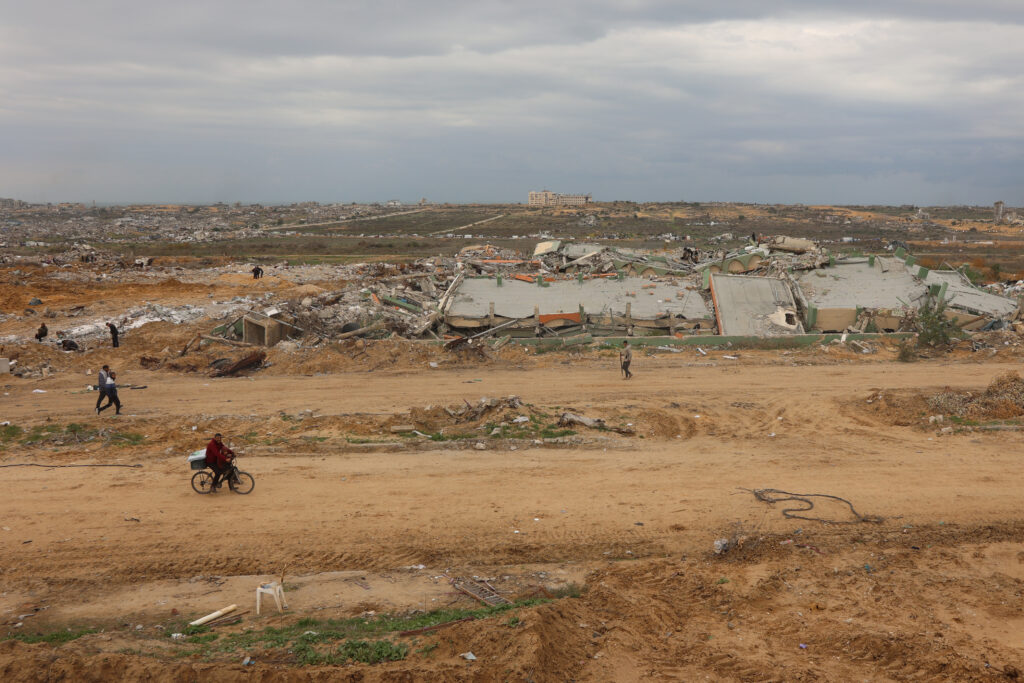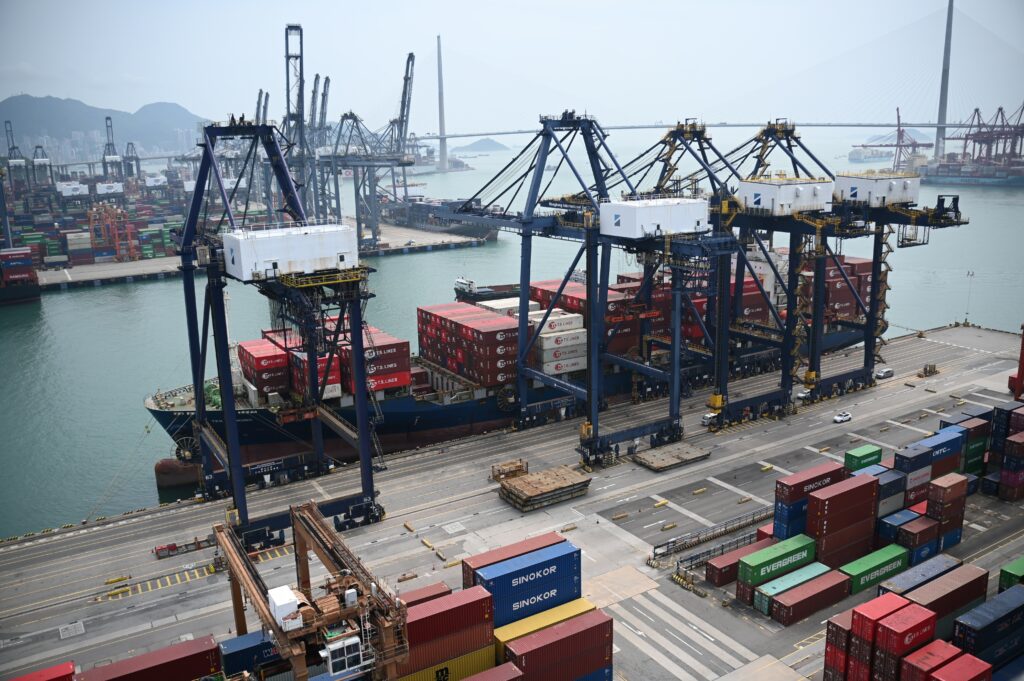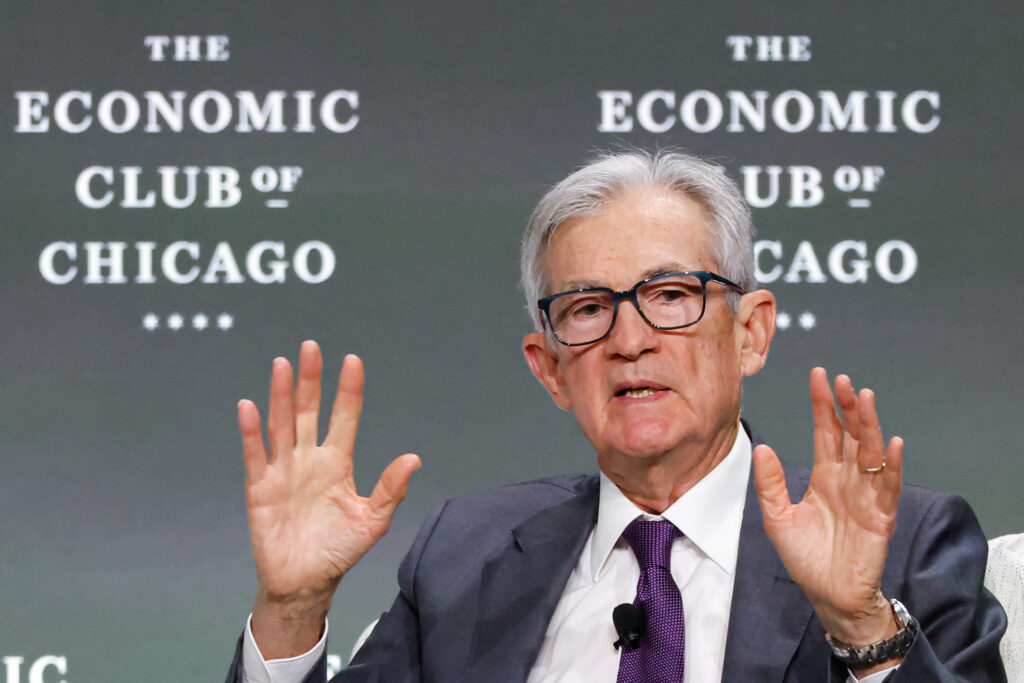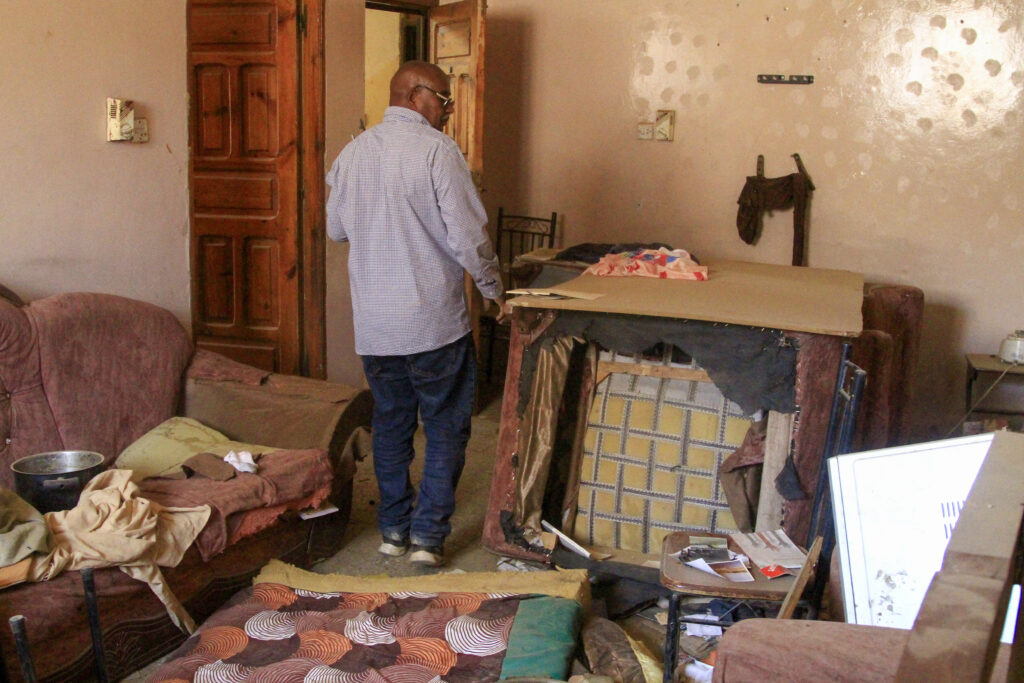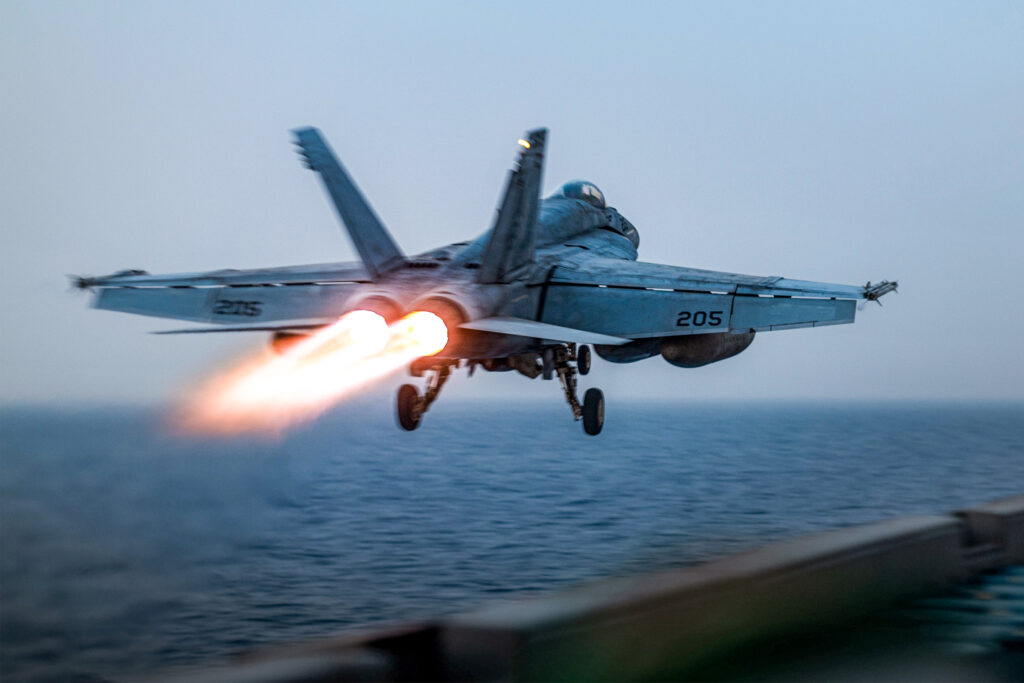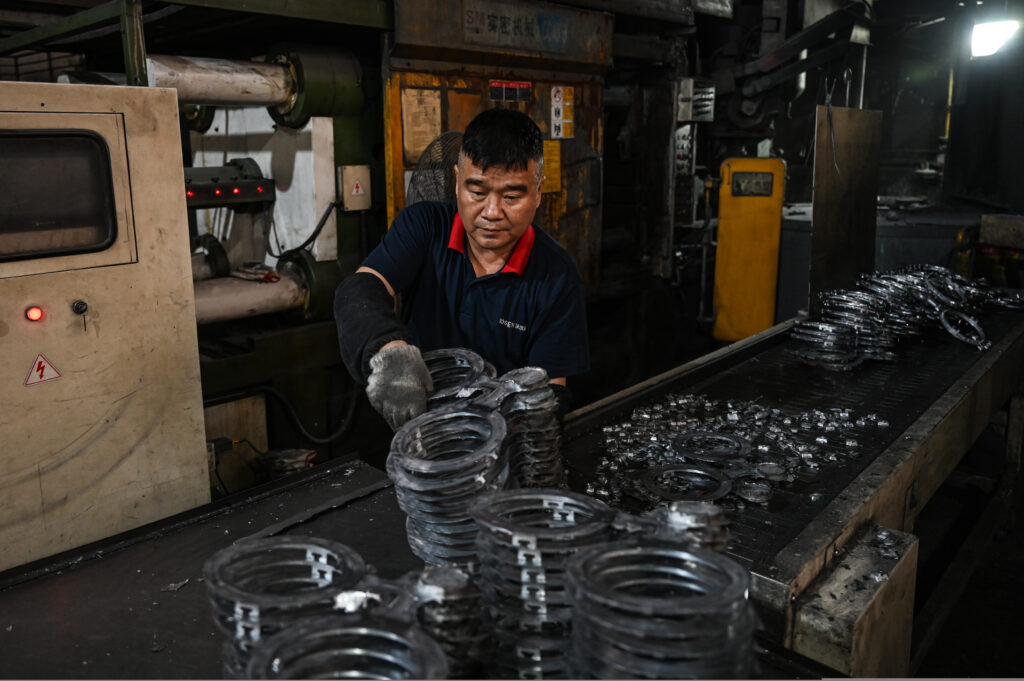Gaza Strip shrinking as Israel expands control
By seizing large swathes of the Gaza Strip, Israel is redrawing the map of the Palestinian territory, one of the most densely populated places on Earth, making it increasingly “unlivable”.On Wednesday, Defence Minister Israel Katz said the military has transformed vast areas representing 30 percent of Gaza into buffer zones and displaced hundreds of thousands of Palestinians.Agnes Levallois, lecturer at the Foundation for Strategic Research, said that leaving the buffer zones cleared and empty could be an end in itself.”Israel’s strategy in the Gaza Strip is to make the territory unlivable,” she said, with some analysts saying that Israel now controls even more than 30 percent of the territory.An AFP calculation based on maps issued by the military found that the total area under Israeli control was more than 185 square kilometres (about 70 square miles), or around 50 percent of the territory.On the ground, the Israeli army has created a wide security zone that follows Gaza’s perimeter along its borders with both Israel and Egypt, particularly to reduce the risk of cross-border smuggling with the latter.Troops have also established three militarised corridors — Philadelphi, Morag, and Netzarim — cutting across the Gaza’s width and dividing it into sections.- ‘Field of ruins’ -With 2.4 million people packed into 365 square kilometres, Gaza was already one of the world’s most densely populated places before the war started on October 7, 2023 when Hamas attacked Israel.”The Israeli army is increasingly resorting to so-called ‘evacuation orders’ which are, in fact, orders of forced displacement,” said UN High Commissioner for Human Rights spokesperson Ravina Shamdasani.”This has led to the forced transfer of Palestinians in Gaza into increasingly confined areas, where they have little or no access to vital services.”The remaining space is covered in ruins, with 80 percent of civilian infrastructure totally or partly destroyed, according to the UN.Nearly all Gazans have been displaced at least once, and many now live in schools turned shelters, under tents and in other makeshift shelters.”We don’t know what this government’s strategy is, maybe we’ll end up controlling all of Gaza, which means we’ll have to set up a civil administration or a military regime,” Michael Milshtein, Palestinian affairs expert at Tel Aviv University, told AFP.”I’m not sure the Israeli public is aware of the costs of this scenario.”Seizing certain parts of Gaza was “quite easy” for the army, Milshtein said.Many of the areas taken are “empty territories, you know, (the army) doesn’t directly control any Palestinians”, he said, estimating that Israel currently controls “about half” of Gaza.Levallois, a Middle East expert, believes Israel might not expand its hold any further and “leave the rest (of the territory) essentially abandoned, allowing in only the bare minimum of humanitarian aid”.”This could lead to a Somalia scenario, a state of anarchy with no authority able to emerge from this field of ruins.”In the buffer zone it now controls, the army has systematically destroyed civilian buildings, according to testimonies from anonymous soldiers collected by the anti-occupation Israeli NGO Breaking the Silence and international media.- ‘Riviera’ of the Middle East -In November, Israeli Finance Minister Bezalel Smotrich suggested encouraging “half” of Gaza’s population to leave the territory through “voluntary emigration”.Prime Minister Benjamin Netanyahu, leading one of the most right-wing governments in Israeli history, has been supported in this idea by US President Donald Trump.In February, the Republican president suggested turning Gaza into a “Middle East Riviera” and relocating Gazans to Jordan and Egypt.Some Israeli figures who advocate for the return of settlements in the Gaza Strip — which were evacuated in 2005 — claim to have concrete plans and make regular visits to the edge of Gaza.Netanyahu has not clearly signalled any inclinations for such plans.But with no clear post-war roadmap, Gaza’s future remains uncertain.”There is no strategy,” said Milshtein.”The only strategy is to encourage or adopt Trump’s vision to encourage the Palestinians to leave Gaza. And it’s nonsense.”Most people in Israel know it’s a fantasy or an illusion,” he said.”Even Trump doesn’t seem all that interested in the idea any more.”
